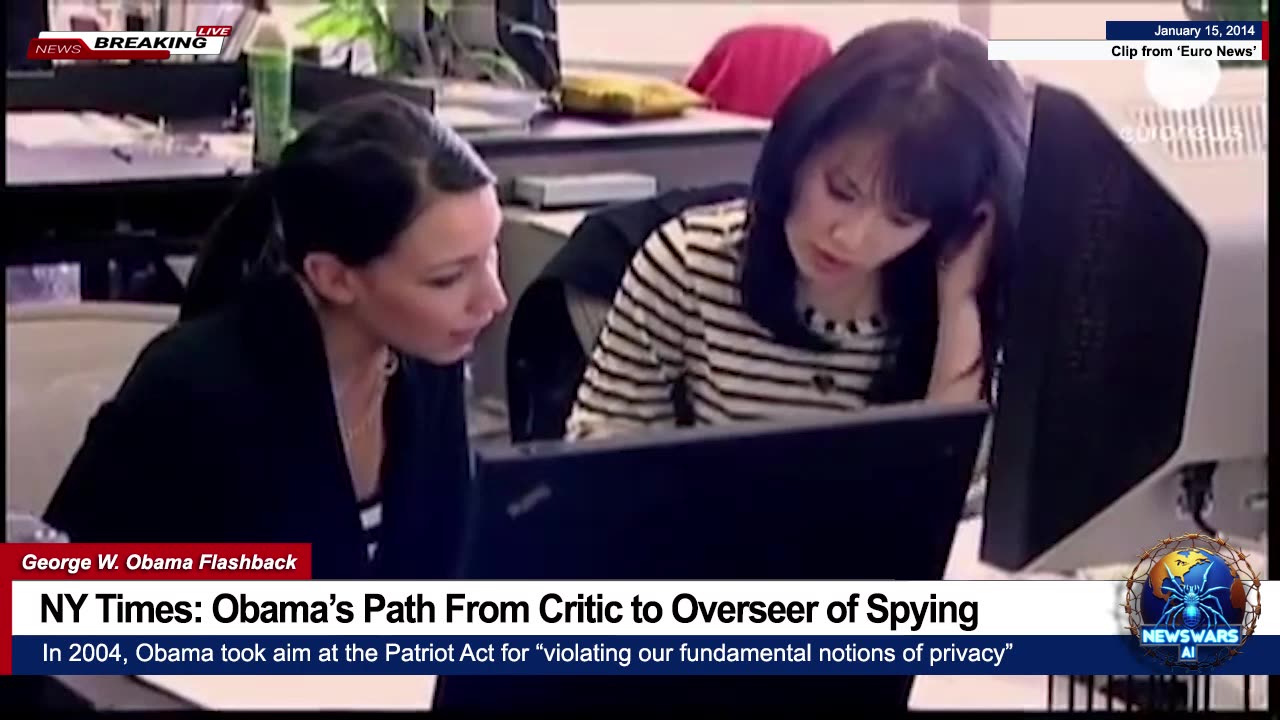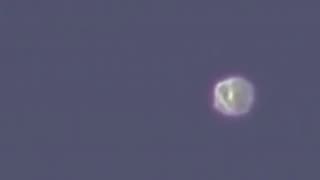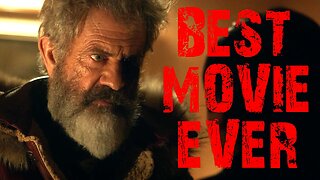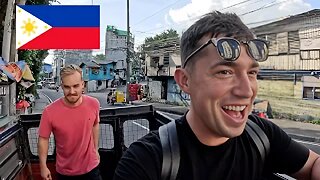Premium Only Content

NY TIMES: Obama’s Path From Critic to Overseer of Spying (But Trump is Hitler!)
WASHINGTON — As a young lawmaker defining himself as a presidential candidate, Barack Obama visited a center for scholars in August 2007 to give a speech on terrorism. He described a surveillance state run amok and vowed to rein it in. “That means no more illegal wiretapping of American citizens,” he declared. “No more national security letters to spy on citizens who are not suspected of a crime.”
More than six years later, the onetime constitutional lawyer is now the commander in chief presiding over a surveillance state that some of his own advisers think has once again gotten out of control. On Friday, he will give another speech, this time at the Justice Department defending government spying even as he adjusts it to address a wave of public concern over civil liberties.
The journey between those two speeches reflects the transition from the backbench of the United States Senate to the chair behind the Resolute Desk in the Oval Office. Like other presidents before him, the idealistic candidate skeptical of government power found that the tricky trade-offs of national security issues look different to the person charged with using that power to ensure public safety.
Aides said that even as a senator, Mr. Obama supported robust surveillance as long as it was legal and appropriate, and that as president he still shares the concerns about overreach he expressed years ago. But they said his views have been shaped to a striking degree by the reality of waking up every day in the White House responsible for heading off the myriad threats he finds in his daily intelligence briefings.
“When you get the package every morning, it puts steel in your spine,” said David Plouffe, the president’s longtime adviser. “There are people out there every day who are plotting. The notion that we would put down a tool that would protect people here in America is hard to fathom.”
At the same time, aides said Mr. Obama was surprised to learn after leaks by Edward J. Snowden, the former National Security Agency contractor, just how far the surveillance had gone. “Things seem to have grown at the N.S.A.,” Mr. Plouffe said, citing specifically the tapping of foreign leaders’ telephones. “I think it was disturbing to most people, and I think he found it disturbing.”
Yet it is hard to express indignation at actions of the government after five years of running it, and some involved in surveillance note that it was Mr. Obama who pushed national security agencies to be aggressive in hunting terrorists. “For some, his outrage does ring a little bit hollow,” said a former counterterrorism official.
All of which leads to worries by critics of government surveillance that he will not go far enough on Friday. “If the speech is anything like what is being reported, the president will go down in history for having retained and defended George W. Bush’s surveillance programs rather than reformed them,” said Anthony D. Romero, executive director of the American Civil Liberties Union.
In ’07, then-Senator Obama spoke disapprovingly at the Woodrow Wilson International Center for Scholars about spying.
Credit...Stephen Crowley/The New York Times
Mr. Obama first confronted the questions of national security and privacy during his 2004 campaign for Senate, taking aim at the Patriot Act for “violating our fundamental notions of privacy” and declaring that “we don’t like federal agents poking around our libraries.”
https://www.nytimes.com/2014/01/16/us/obamas-path-from-critic-to-defender-of-spying.html
====
It's Not About The Left Or The Right, But What Is Right And What Is WRONG!
--NewsWars.AI
-
 0:37
0:37
Disturbing News Daily
7 days agoMysterious ‘Floating Orb’ Caught on Camera by Local New Jersey News Crew as Drone Invasion Continues
165 -
 34:12
34:12
inspirePlay
1 day ago $4.94 earned🏆 The Grid Championship 2024 – Cass Meyer vs. Kelly Rudney | Epic Battle for Long Drive Glory!
71K8 -
 17:50
17:50
BlackDiamondGunsandGear
11 hours ago $1.70 earnedTeach Me How to Build an AR-15
46.1K6 -
 9:11
9:11
Space Ice
1 day agoFatman - Greatest Santa Claus Fighting Hitmen Movie Of Mel Gibson's Career - Best Movie Ever
107K45 -
 42:38
42:38
Brewzle
1 day agoI Spent Too Much Money Bourbon Hunting In Kentucky
71.3K12 -
 1:15:30
1:15:30
World Nomac
20 hours agoMY FIRST DAY BACK in Manila Philippines 🇵🇭
54.6K9 -
 13:19
13:19
Dr David Jockers
1 day ago $10.68 earned5 Dangerous Food Ingredients That Drive Inflammation
74.4K17 -
 1:05:13
1:05:13
FamilyFriendlyGaming
1 day ago $15.71 earnedCat Quest III Episode 8
128K3 -
 10:39
10:39
Cooking with Gruel
2 days agoMastering a Succulent London Broil
82.3K5 -
 22:15
22:15
barstoolsports
1 day agoWhite Elephant Sends Barstool Office into Chaos | VIVA TV
57.9K1